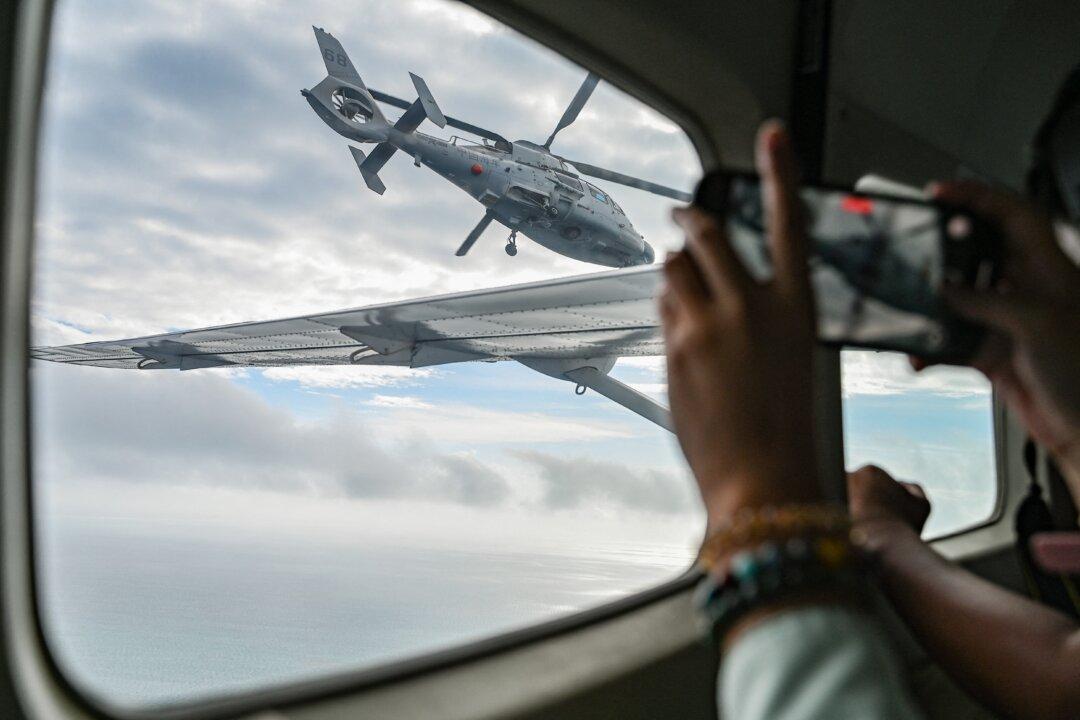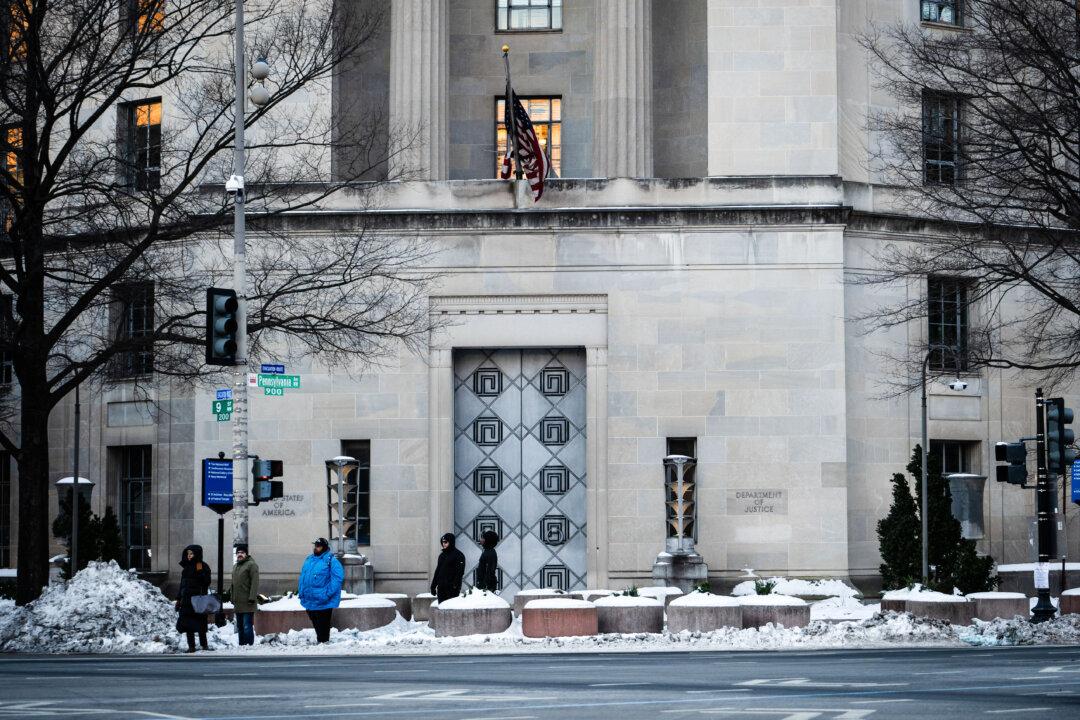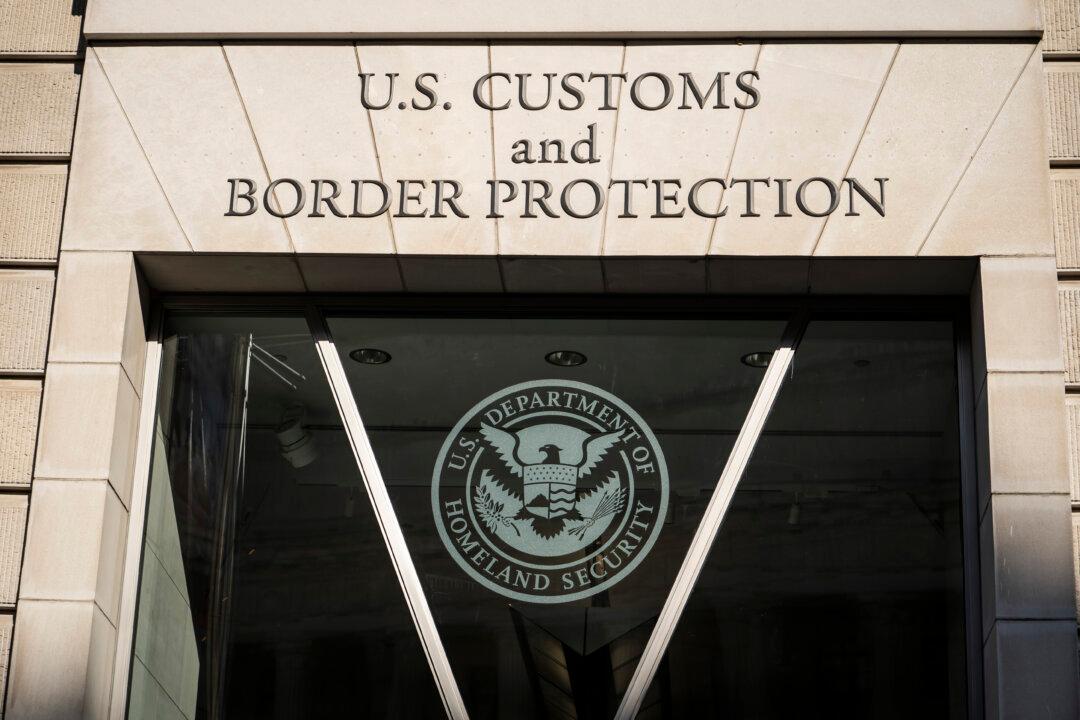TAIPEI, Taiwan—China sent 19 military aircraft into Taiwan’s air defense identification zone (ADIZ) on Sept. 5, continuing its aggressive posturing toward the self-governing island, which scrambled jets in response.
The incident has drawn concern from current and former U.S. officials.
An ADIZ is a publicly declared area next to a state’s national airspace, in which approaching foreign aircraft must be ready to submit their identifiers and location. The area allows a state the time to judge the nature of the incoming aircraft and take defensive measures if needed.
The Chinese regime has undertaken similar incursions over the past year in an effort to intimidate the democratic government in Taiwan and coerce the Taiwanese public into accepting CCP rule.
Beijing’s warmongering attitude toward Taiwan was evident in an article published by China’s hawkish state-run media Global Times. The article argued that the latest aircraft incursion, which it called a “routine drill,” showed the Chinese military’s “overwhelming advantage” over Taiwan’s armed forces.
The article claimed that, as a result, such a “power gap” between the two sides would allow the Chinese communists in Beijing to safeguard “territorial integrity, even if foreign forces interfere.”
Beijing seeks to impose its rule on Taiwan—either through war or other means to undermine the island’s democracy—because the regime sees the island as a part of its territory. Taiwan, a de facto independent country, has diplomatic relations with 15 nations and maintains informal ties with others, including Japan and the United States.
“Communist China & other adversaries will continue to probe the resolve of the U.S. & our allies after Biden’s debacle in Afghanistan,” he added.
“We stand by, as is outlined in the Taiwan Relations Agreement ... We stand by partners around the world who are subject to this kind of propaganda,” she said.
Tsai Shih-ying, a legislator from Taiwan’s ruling Democratic Progressive Party, told local media on Sept. 6 that the latest incursion showed the importance of increasing the island’s military budget to enhance its self-defense.
Kelly Craft, who served as U.S. ambassador to the United Nations during the Trump administration, recently criticized the CCP for having “exploited the deaths of U.S. servicemen and women and Afghan citizens to cast doubt” on the U.S. commitment to Taiwan.
“Shame on them. Shame on them for using the lives of brave men and women as propaganda. I am here to assure you that they [CCP] are wrong. I am here to assure you of my belief in the firm U.S. commitment to Taiwan’s defense,” Craft said.
“Without Taiwan, we lose the Pacific. We are, after all, a Pacific nation and cannot afford to cede our fate to communist China,” Craft added.
“If Taiwan is lost, we lose too.”
“Our true strategic competitors—China and Russia—would love nothing more than the United States to continue to funnel billions of dollars and resources and attention into stabilizing Afghanistan indefinitely,” Biden said.





